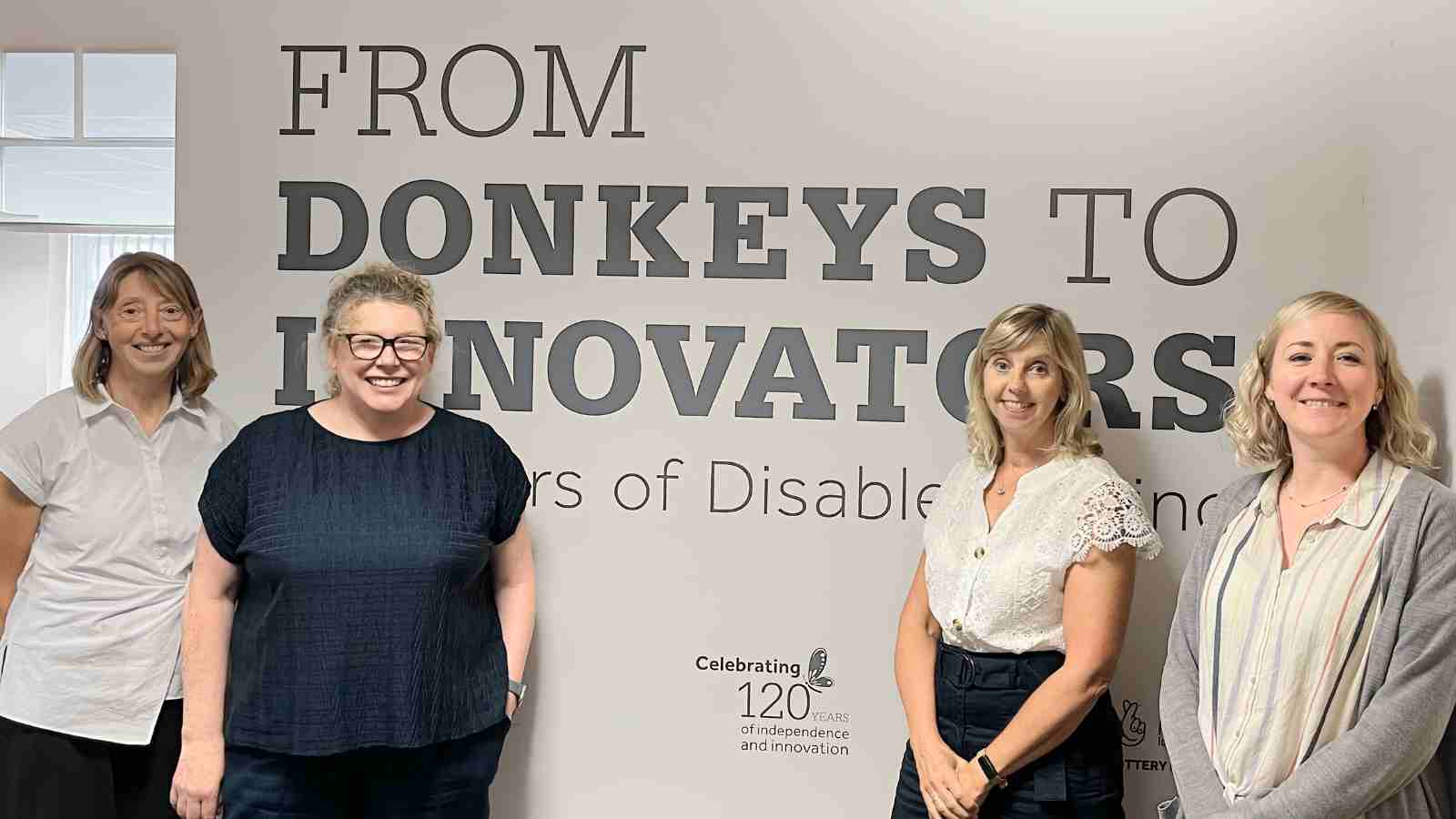Karen Irwin, and Davina Richardson Specialist Nurses, welcomed Juliette Rayner, CEO of ERIC, The Childrens Bowel and Bladder Charity and Dr,Claire Jones, Senior Lecturer in the History of Medicine and Project Lead from the University of Kent, to Bladder and Bowel UK. The project’s key aims is to break down the stigmatisation of urine incontinence, through the use of history.
It is the purpose of this project to uncover and unite the fragmentary discourses surrounding the incontinent body that began to emerge in multiple professions and industries from the 1870s, including public health, psychology, psychoanalysis, childrearing, social care, social work, medicine (including surgery, pharmacology and gerontology) and commerce (through the sale of remedies and technologies aimed at curing incontinence)
Urinary incontinence has been common to the human experience throughout history, but it was from the late nineteenth century that the incontinent body came to be identified as a significant moral problem in Britain.
The rise of the public health movement signalled the state’s desire for greater control over the nation’s water supply, the simultaneous medicalisation, commercialisation and stigmatisation of incontinence demonstrated a shift towards the desire for greater control of the flow of urine from the individual body. Incontinence was deemed polluting to the body politic, but fixable by new surgical, pharmaceutical, psychological and technological interventions. When not fixable, incontinent bodies were deemed burdensome by the sufferers themselves, their families, the medical profession and the state and given as a major cause of hospital bed-blocking and mental health problems.
Yet, while urine incontinence became an intense subject of focus between 1870 and 1970, it has attracted little historical research. Incontinence has gained fragmentary interest amid growing sociological work on the leaky body, but historical work on the body remains largely segmented by class, gender, sexuality, race and (dis)ability and aspects of health and disease maintained within bodily boundaries; medical histories too are only just beginning to take incontinence seriously.
It is thus the purpose of this innovative project to go beyond the boundaries of historical subfields by identifying the significance of the incontinent body to medical, commercial and public discourses and tracing how these discourses shaped experiences of incontinence chronologically and through the life cycle, from toddler to pensioner. By drawing on interdisciplinary approaches from sociology and anthropology and by drawing together histories of medicine, the body and social and cultural history, this project will demonstrate the centrality of incontinence, and by extension the urinary body, to everyday life in modern Britain.
The research, which is designed to help reduced current social taboos on incontinence, intends to look at:
1) How significant was incontinence to contemporary discourses in commerce, medicine and associated fields between 1870 and 1970?
2) To what extent were these discourses stigmatising and thus responsible for creating new social norms surrounding incontinence and urination more broadly?
3) To what extent did such discourses shape individual and collective experiences of incontinence?
4) How did such discourses and experiences change throughout the life course and vary according to class, race, gender and ability?
5) How might this novel focus on incontinence offer new perspectives on the history of the body, the social history of medicine and to wider humanities and social science disciplines?
6) How might this historical work challenge the contemporary stigmatisation of incontinence?
We spent this first meeting reviewing papers, looking at the history, having discussions and formulating a plan for our next project meeting in November to be hosted by Juliette in Bristol. We will keep you updated as the project progresses.
If anyone is interested in learning more about the project, or in taking part, then they can get in touch directly with Dr Claire Jones – C.L.Jones-26@kent.ac.uk



Comments are closed